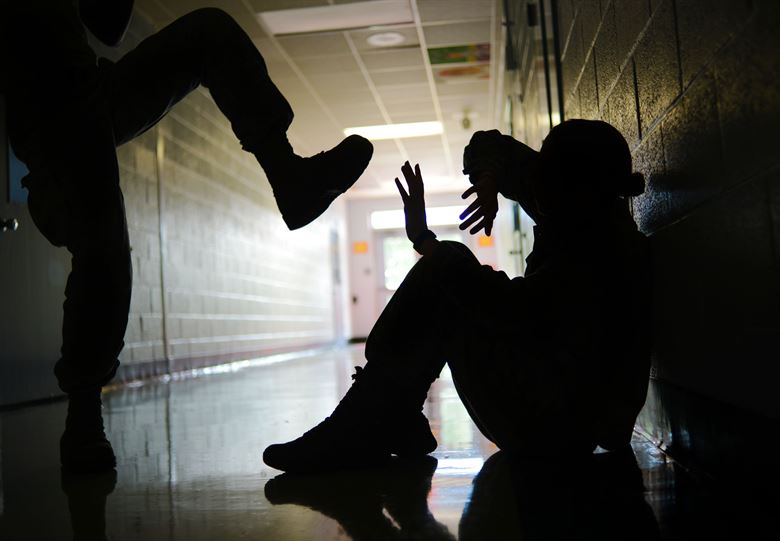The number of incidents of anti-LGBTQ+ hate crimes in schools has significantly risen in the U.S. recently, more than quadrupling in K–12 schools in states where Republican lawmakers have enacted laws targeting the LGBTQ+ community.
The concerning discovery comes from an examination of FBI data published in the Washington Post this week. The publication found that the overall average number of reported anti-LGBTQ+ hate crimes in schools, including those on college campuses, increased from 108 between 2015–2019 to 232 between 2021–2022, more than doubling. In states that have implemented laws against LGBTQ+ individuals, the average tripled.
Even more worrisome, in the 28 states where Republicans have passed laws limiting access to gender-affirming care for minors, bans on trans people using bathrooms and participating in sports, and “Don’t Say Gay” laws, reported incidents of anti-LGBTQ+ hate crimes on K–12 campuses more than quadrupled.
Simple assault, intimidation, and vandalism were among the most common reported school hate crimes, according to the FBI.
“The data you have is the thing I’ve been worrying about, and here it is,” University of Texas at Austin professor Stephen Russell told the Post.
Carden, a transgender 17-year-old in Virginia, Gov. Glenn Youngkin (R) has supported numerous policies attacking LGBTQ+ students under the guise of so-called “parents’ rights” in education, told the paper that he thinks anti-LGBTQ+ rhetoric from politicians shapes the views of parents, who in turn influence their kids.
“It’s like, ‘Oh, my parents think …,’” Carden said of young people. “Then it translates to being mean to other people their age.”
Even in states where lawmakers have not enacted anti-LGBTQ+ legislation affecting schools, anti-LGBTQ+ hate crimes have risen on campuses, according to the Post’s analysis, though not as sharply as in more conservative states. Those states saw an increase from about 79 reported hate crimes per year in 2015–2019 to 140 in 2021–2022.
Russell, who studies LGBTQ+ young people, told the paper that was likely because queer kids and their families living in those states are more likely to report hate crimes. States that have laws against anti-LGBTQ+ discrimination and schools with policies that specifically address anti-LGBTQ+ bullying, Russell said, have created “a context where [LGBTQ+ kids] see themselves, they stand up for themselves, they believe there is a place for them in their schools.”
The increase in school hate crimes has also coincided with a significant surge in calls to LGBTQ+ youth support hotlines. The Trevor Project said that it received about 230,000 phone calls, texts, and online chats from young people in crisis during the fiscal year ending in July 2022, compared to more than 500,000 last year. The Rainbow Youth Project also reported an increase in calls to its hotline from a monthly average of 1,000 in 2022 to over 1,400 per month in 2023.
Just last week, Rainbow Youth Project reported a staggering 238 percent rise in crisis calls coming from Oklahoma in the weeks since the death of 16-year-old Nex Benedict.









